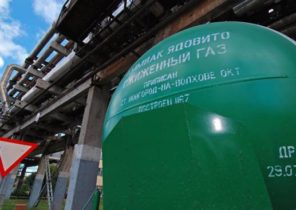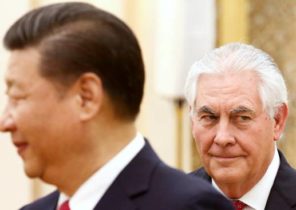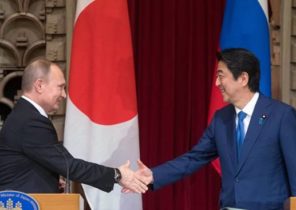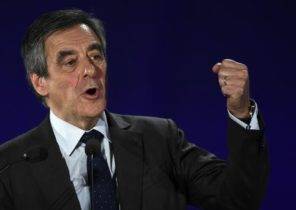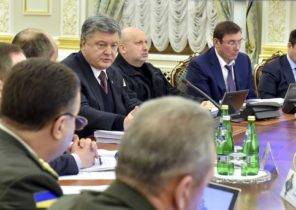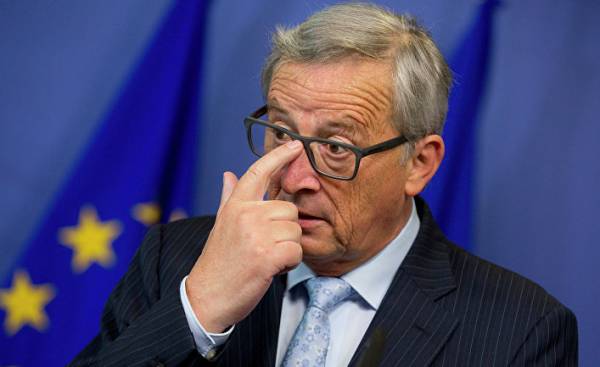
Last week, the EU Council discussed the future of Europe in the context of the 27 participating countries on the basis of the White paper of the EC. And at the same time this event marked a significant decision. 17 EU countries took a step forward and for the first time will create a new post of European Prosecutor. This will significantly improve the ability of the parties involved to combat financial crimes and to protect the money of EU taxpayers.
The independent Prosecutor of the EU will be able to investigate a particular case that goes beyond one country, to file complaints against offenders in the courts of the EU countries. At a time when the idea of “more Europe” is not particularly popular, it can be regarded as a bold step — to subordinate its sovereignty to the common interests. And this might seem surprising. However, it would be wrong and simplistic to reduce the debate on the future of Europe to two possibilities — more or less Europe. In fact, it is a wonderful example of a further possible development of the 27 EU countries. Who wants more, does more, while maintaining the opportunity for other member countries to join later.
Annually due to fraudulent cross-border schemes the budgets of countries across Europe receive less revenue from VAT in the amount of at least 50 billion euros. This occurs when the fraudster purchases goods from one EU country without paying VAT and then resell them in their country at a higher price, including VAT. But the tax Agency, the VAT is not paid. Inaction in cases of such fraudulent cross-border schemes is a blow to the public finances, the impact that undermines the credibility of the European Union. Bypassing the rules of specific countries and avoiding criminal prosecution in transnational criminal circles annually receive billions of euros in profits. Although the rules and checks are very strict, the criminals at the expense of such techniques, sometimes still able to embezzle EU funds. This has got to end.
The Prosecutor’s office of countries are working very skillfully and actively encourages to encourage fraudsters to justice. But the tools available to prosecutors to combat major cross-border financial crime, is insufficient and does not allow you to act quickly. Prosecutors have the opportunity to realize the cooperation of ad hoc joint investigation teams. But usually it involves a long procedure. When the Prosecutor’s office must confiscate the money and collect evidence overseas or to conduct an investigation simultaneously to several countries, it just lacks the appropriate tools.
The European Prosecutor will provide these missing tools — a quick investigation in the EU and exchange of information in real time. The Prosecutor, the EU will work with the relevant prosecutors from all 17 of the countries involved, pooling information and coordinating the efforts of all countries at EU level. We want to create a strong, independent and effective institution, which will improve ways of dealing with financial crime in the EU. This can be compared with the created in Italy, the public Prosecutor’s office for fight against mafia which over the last 20 years has made a crucial difference in the fight against organized crime.
Now 17 EU countries to move forward. I hope that soon they will be joined by the rest. We expect that in the near future in the creation of the project will involve 19 or even 20 countries. The European Commission will always work for the benefit of all EU countries, and this policy is open to all. But for those who want to move forward and at the end of the talks, which lasted three years, provide their taxpayers, the results do not delay. This is an example of how we can do more, working with those countries that want to do more. Today it is a European reality that the Euro, Schengen, the EU patent. And now this is happening not only in the economy.
Due to the “White book” of the European Commission on 1 March, we began a broad debate on a common future 27 EU countries. We can choose different paths. Vigorous debate about the European public Prosecutor very clearly show that further integration of Europe — even in such sensitive areas as justice — it is really possible option. We all need to move forward with the same speed, but we all have to go in one direction.
Jean-Claude Juncker — President of the European Commission, Vera jourova — the European Commissioner for justice, consumers and gender equality günther Oettinger — European Commissioner for budget and human resources.

